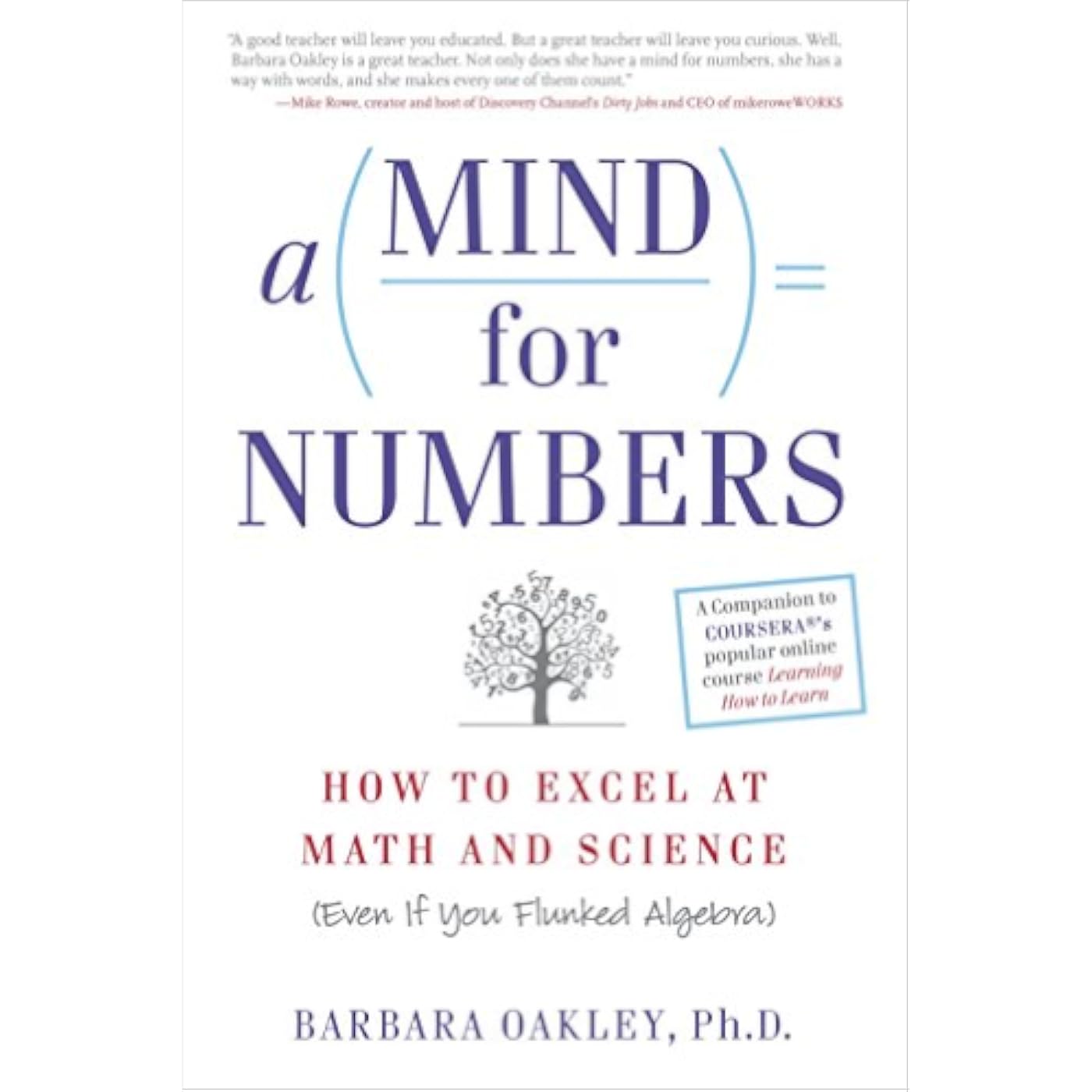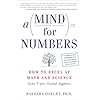

Ready to go? Add this product to your cart and select a plan during checkout. Payment plans are offered through our trusted finance partners Klarna, PayTomorrow, Affirm, Afterpay, Apple Pay, and PayPal. No-credit-needed leasing options through Acima may also be available at checkout.
Learn more about financing & leasing here.
This item is eligible for return within 30 days of receipt
To qualify for a full refund, items must be returned in their original, unused condition. If an item is returned in a used, damaged, or materially different state, you may be granted a partial refund.
To initiate a return, please visit our Returns Center.
View our full returns policy here.
Publisher : TarcherPerigee; Illustrated edition (July 31, 2014)
Language : English
Paperback : 336 pages
ISBN-10 : 5
ISBN-13 : 45
Item Weight : 12 ounces
Dimensions : 5.99 x 0.84 x 8.96 inches
Best Sellers Rank: #18,616 in Books (See Top 100 in Books) #12 in Study & Test-Taking Skills (Books) #17 in Study Skills (Books) #24 in Probability & Statistics (Books)
#12 in Study & Test-Taking Skills (Books):